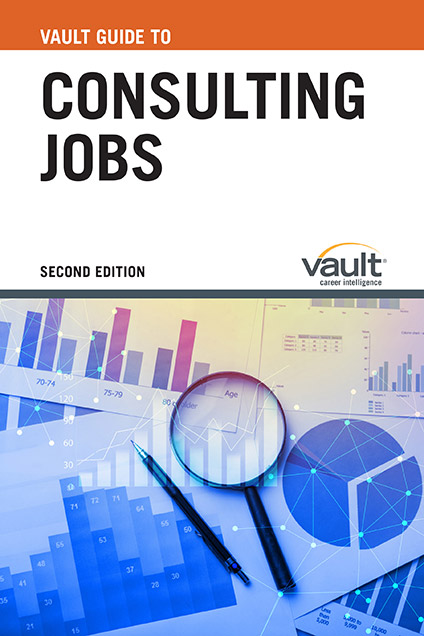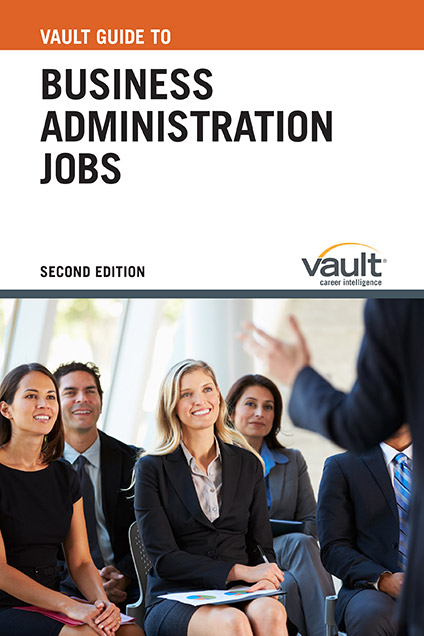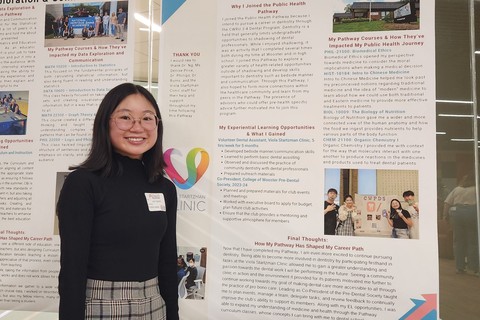

Entrepreneurship Pathway
How do you develop ideas for new products and services? How do you create sustainable solutions to societal problems? What leadership skills are necessary to set-up and manage a new venture? How can an artist create a brand and forge their unique career? The Entrepreneurship Pathway addresses questions like these by focusing on the entrepreneurial mindset and skill development.
Entrepreneurship touches many career options. It encompasses an interdisciplinary set of soft and hard skills that are connected to an entrepreneurial mindset. The entrepreneurial mindset is a way of thinking about challenges and opportunities. It enables the entrepreneur to identify problems, develop and implement solutions that have value, communicate that value to others, and provide leadership for these activities. In the Entrepreneurship Pathway, students have a chance to explore how entrepreneurial thinking is relevant to a wide range of domains, from crafting an innovative business model to effecting social change or launching an arts enterprise. This preparation is relevant for both those who want to work for themselves and those who want to increase their effectiveness within existing organizations.
The entrepreneurial mindset can be applied to a broad set of career scenarios such as:
- Starting a business
- Managing a career in the arts
- Founding a school
- Building a non-profit to address humanitarian or environmental problems
- Serving as a business or finance consultant
- Being a professional who owns a practice such as a physician, dentist, or attorney
The courses and experiential learning opportunities in the Entrepreneurship Pathway are for students who are interested in business, social entrepreneurship, arts entrepreneurship, and entrepreneurship applications in new areas. Students in this pathway will practice communication and leadership skills that that are transferable to many other career paths beyond entrepreneurial activities. Whether you’re new to entrepreneurship or already focused on specific entrepreneurship goals, this pathway will help you learn effective organization leadership skills and gain knowledge about communication and human behavior that will prepare you for your work at Wooster and beyond graduation.
Take four (4) courses fitting the following descriptions.
Entrepreneurial Mindset
2 courses
Coursework in the entrepreneurial mindset is oriented around developing and putting into practice skills such as design-thinking, innovation, risk-taking, problem-solving, and leadership. Approved courses in the entrepreneurial mindset should provide students with opportunities to exercise creativity and innovation in order to develop human-centered solutions.
- ENTR 12000: Introduction to Entrepreneurship
- ENTR 22000: Entrepreneurship and Societal Impact
- ENTR 23000: Business Consulting
- ENTR 40500: Angel Investing*
- IDPT 22100: TREK: Entrepreneurship in Hungary
- IDPT 40507: Local SE Seminar
- IDPT 40511: GSE Seminar
General Skills of Entrepreneurship
2 courses
Approved coursework in general skills of entrepreneurship prepares students for effective organizational leadership by offering emphases on communication skills and human behavior. Courses may also provide instruction on how to develop financially sustainable enterprises and reach potential clients or encourage students to explore how ethical frameworks can inform entrepreneurial activity. These courses are strongly encouraged not to overlap with a student’s major requirements.
- BUEC 11900: Financial Accounting
- BUEC 23000: Marketing*
- COMM 22100: Interpersonal Communications*
- COMM 22500: Small Group Communication*
- COMM 22600: Organizational Communication*
- COMM 22700: Intercultural Communication*
- COMM 25200: Argumentation and Persuasion*
- ECON 10100: Principles of Economics
- EDUC 10000: Introduction to Education
- EDUC 19905: Teaching Globally Engaged Learners
- PHIL 10000: Ethics, Justice, and Society
- PSYC 10000: Introduction to Psychology 3
- RELS 21900: Ethics in a Social Perspective
*Course has pre-requisite or requires instructor permission to register
PATH 11001: Initial Reflection
This course asks you to complete three basic steps:
- Spend time reflecting on several questions about why you’ve chosen this Pathway.
- Discuss your thoughts with other Activism students, faculty, and staff.
- Write about how your initial thoughts, the conversations you had with your Pathway community, and any new or different insights you have as a result.
PATH 22001: Career Planning
For this course, you will explore career and internship resources offered through Career Planning in APEX, specifically Handshake and Fighting Scots Career Connections. You will also craft a career-ready resume. We strongly encourage you to take advantage of the many resources offered by the Career Planning office to bring your resume to a truly professional level. Booking an appointment with a Career Planning staff member or peer advisor to go over your resume is strongly recommended.
PATH 33001: Experiential Learning
This course asks you to complete an authentic, hands-on experience in one of the career areas you’re exploring. It is more than simply having an experience, however. In order to maximize the benefits and learning you gain, you will deliberately walk through goal setting, planning, and “preflection” (pre-reflection) before you complete the career experience. During and after your experience, you will spend time considering what you learned about yourself from the experience and how those lessons might impact your next career steps. Completing this thorough, guided process is what makes this “experiential learning” rather than just an experience.
**Note that this course will require you to complete some components BEFORE registering**
Steps to complete PATH 330:
Before Registering:
- Explore a range of possible experiences that will help you further your career goals.
- Plan your EL experience, taking advantage of resources and assistance offered by faculty or staff on the Pathway team, someone from APEX’s Experiential Learning & Community Engagement Office, Wooster alumni working in the career field, and/or your own connections in the field.
- Complete the EL Approval Form & gain official approval from your Pathway faculty/staff team.
During the Course:
- Complete your EL experience (can be done before or during PATH 330).
- Upload your EL Verification Form.
- Submit your post-EL reflection.
PATH 44001: Final Reflection
When you’ve completed all the elements of the Pathway – PATH 110, 220, 330 and your chosen topical courses – you will reflect on your total Pathways experience with questions like: What did the topical courses teach you that are relevant to this career area? What are the career lessons from your experiential learning experience(s)? How did your perceptions of this career area and your place in it shift over time and where have they landed for now? When you step back and look at the bigger picture of your Pathways experience, in what ways are you stronger and more prepared to take your next career steps?
You will present your reflections publicly, which both encourages significant reflection and benefits those who are coming behind you on their own career journeys. Generally, students will do this by presenting a poster at a college event. You will also need to update your resume with all your Pathway experiences and create or update your LinkedIn profile.
Students in the Entrepreneurship Pathway are required to complete one (1) EL opportunity.
Students will complete one experience in one of the following categories. Approved experiences should give students firsthand, guided opportunities to connect the entrepreneurial mindset and their particular career of interest. Students must complete a total of 45 hours of authentic, career-related experiences.
- Business-focused examples include: AMRE, Commons Innovation Accelerator Program, Jenny Investment Club, Startup Weekend
- Social Entrepreneurship-focused examples include: Involvement with Enactus for one school year, Internships with social organizations or non-profits
- Arts Entrepreneurship-focused examples include: TREK: Art in the City (New York, Chicago, Minneapolis, or Cleveland—biennial; no credit), THTD 12105 Practicum: Scenery, Costumes, Stage Management, Box Office (.25 credit), IDPT 430 Internships with arts organizations (.25 credit), Projects with the Wayne Center for the Arts and their STEAM Factory, Projects with Jimmy Noriega’s independent theatre company
- Flexible Experiential Learning examples include City TREK with entrepreneurial focus, Off Campus Study programs, sophomore research assistantships, campus leadership positions, campus work experiences
Planning your EL:
- Read through the EL Approval Form and any other EL guidelines provided by your Pathway.
- Develop an idea about the type of experience you’d like to do and when you’d like to do it. Find experiences that might work for you. Some ways to do this:
- Look at internship organizations and listings on this website.
- Search Handshake and other job posting sites
- Ask other students, faculty, and staff in your Pathway for ideas
- Meet with someone from the Experiential Learning & Community Engagement Office in APEX to talk through ideas that fit your specific goals (and possible funding opportunities)
- Meet with the Pathways Program Coordinator or your Pathway’s Peer Advisor to discuss ideas
- Create a list of the most exciting 2 or 3 opportunities you’ve found
- Meet with someone from your Pathway’s faculty/staff team to choose one and get unofficial approval for the experience
- Apply for the experience.
- Once you’ve been accepted, review the EL Approval Form again and carefully collect all the required information.
- Fill out and submit your EL Approval Form.
- Once you’ve gotten approval for your EL, you can register for PATH 330.
Important EL Forms:
EL Approval Form: complete after planning your EL, before doing the EL. Submit through MS Forms.
EL Verification Form: done by you and your EL supervisor at the end of your EL. Submit as part of PATH 330 work.
Required Training
None currently.





































